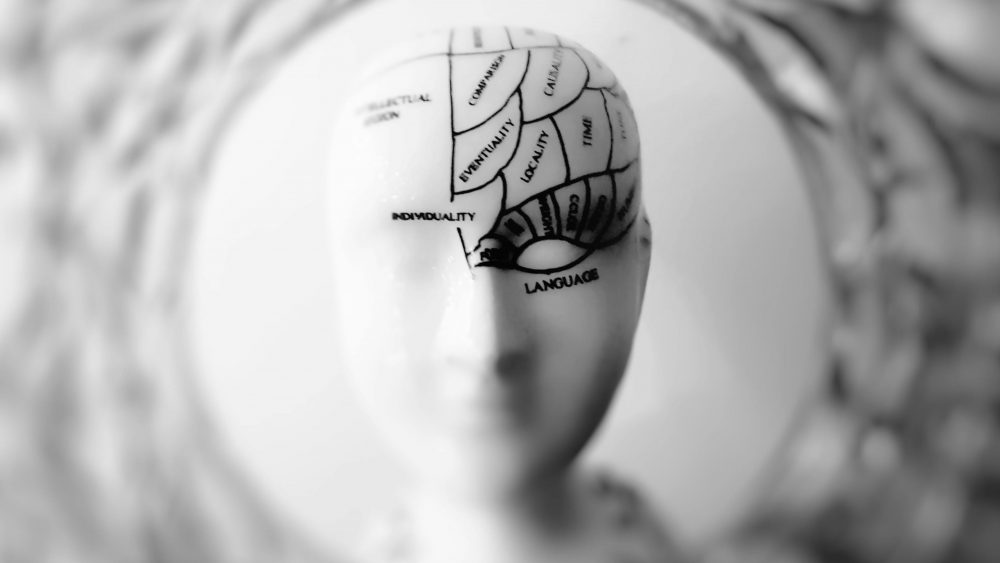In this age of 24hr digital media, ‘Fake News’ force-feeds and ever darker political storms, it’s easy to get bogged down. We are constantly swamped by conflicting claims about what will make us happier, healthier, more successful, better off or even “Great Again”. Much of the (mis)information out there is downright dangerous. Countless reports on any given day show us just how easy it is for unscrupulous people to spread alternative facts to manipulate their audience with fear and false promises to further their own agendas.
A vital question of our internet age is how can we ensure and protect what is true.
Can we separate the wheat from the chaff and make good choices based on accurate information? How can we support others in our community and across the world to make the right decisions about what to believe and what to reject?
To prosper as a society we need to understand what goals are truly important in life. We also need to be able to make the right choices based on the evidence available to us in order to achieve those goals. If we can do this, as a society and as individuals, we will possess good judgement, perhaps, even wisdom. This has been for many cultures – from the ancient Greeks onwards – the highest of virtues.
It’s often thought that only age and experience (learning from our many mistakes) brings wisdom and judgement.
But exciting, and undoubtedly timely, new research shows how easily the ability to think critically can be taught from a young age.
Especially when it comes to evaluating evidence and avoiding inaccurate claims. Two papers recently published in scientific journal The Lancet show how a simple and cheap critical thinking course aimed at children can greatly improve their ability to make good judgements.
The experiment involved giving 10-12 year olds in Uganda nine lessons on critically assessing claims about the benefits of different healthcare treatments. Of the children who took the classes, 50% more correctly evaluated the information they were given than those who did not take the classes. Moreover, there was a 34% improvement in their parents’ ability to assess health claims after they listened to just a single podcast.
There’s no reason to think that the conclusions of the experiment must be restricted to health matters.
Now, more than ever, we can all recognise the need to take responsibility for sharpening our critical thinking skills and improving our own judgement. These recent scientific findings show that investing in teaching and learning critical thinking skills does not need to cost a lot in time or resources. By giving people the tools to make wise decisions, we can secure valuable benefits for all of our future wellbeing, and the wellbeing of our communities, society and planet.
Imogen Smith – Happy City contributor
Photo by meo: https://www.pexels.com/photo/photo-of-head-bust-print-artwork-724994/



Comments are closed.